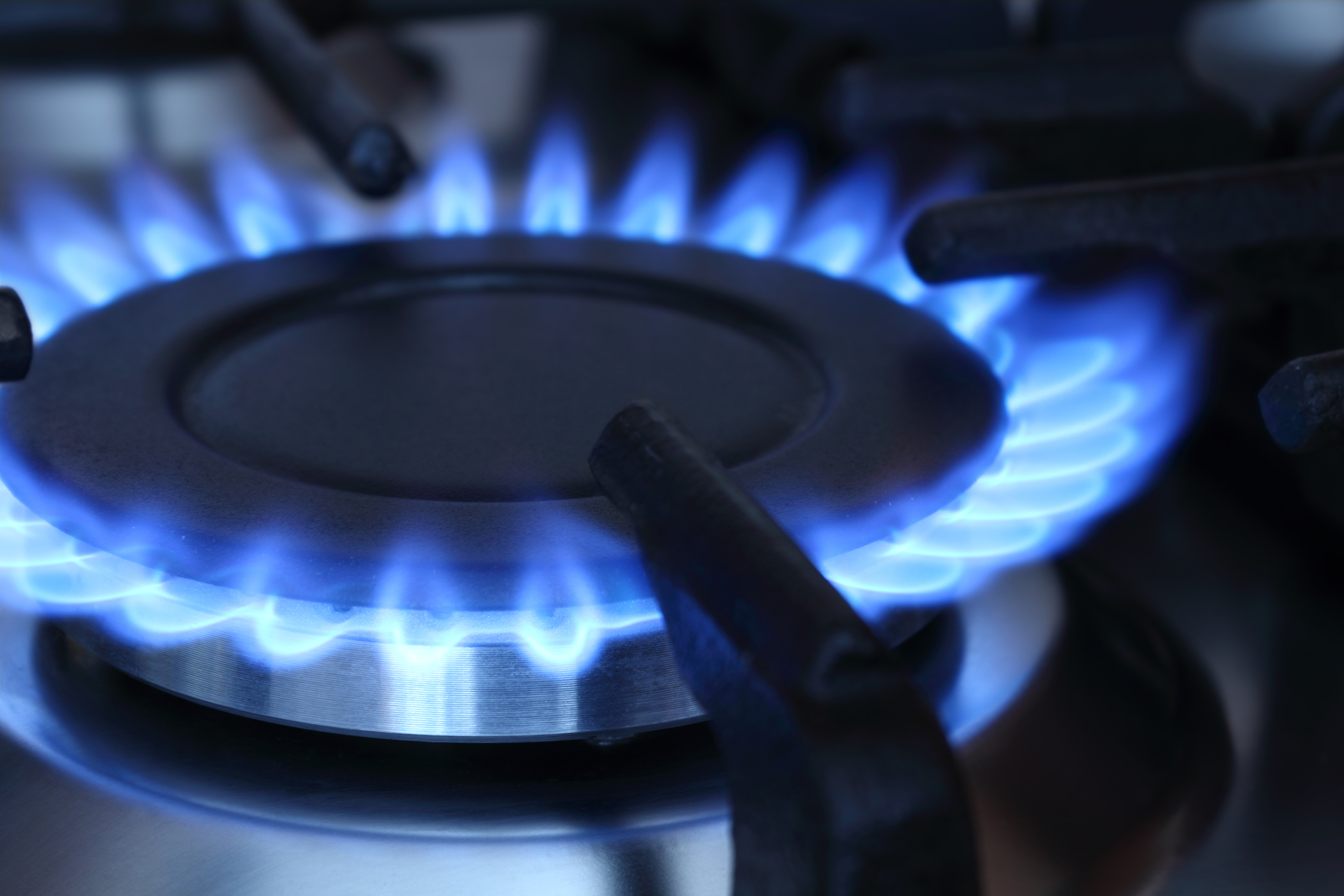Household Bills
Households face £200 bill hike as energy deals come to an end

Consumers who flocked to cheap fixed price energy deals could see energy costs rocket as plans expire.
According to uSwitch.com, energy bills could rise by up to £214 as three ‘super-cheap’ price guarantee plans come to an end in the next two months.
The three plans – EDF Energy’s Fix to March 2013, npower’s Go Fix 10 and npower’s Go Fix 11, which cost £1,064 a year on average – have been safeguarding customers from price hikes since December 2011.
However, after the deals expire the same customer moving onto their supplier’s standard plan today could expect to be paying £1,255 a year on average, £191 or 18% more. Some customers could see their bills go up by £214 as their fixed price ends.
The cheapest of the three, npower’s Go Fix 11, ends on 21st May. and costs £1,033 a year on average. This is £214 cheaper than the plan that npower is rolling customers onto (Go Save S) and even £151 cheaper than npower’s current best buy plan, Energy Online August 2014, which costs £1,184 a year.

Wellness and wellbeing holidays: Travel insurance is essential for your peace of mind
Out of the pandemic lockdowns, there’s a greater emphasis on wellbeing and wellness, with
Sponsored by Post Office
This means that customers sticking with the supplier will face a substantial bill hike even if they are savvy enough to move to its cheapest plan.
However, there are options for customers on the hunt for a new safe haven from price hikes.
The cheapest fixed price tariff is Ovo’s New Energy Fixed, which fixes prices for 12 months from going live and costs £1,172 a year. This would mean seeing bills increase by a slightly lower £139 a year, but the length of the fixed price protection may not be enough to satisfy everyone.
In this case, EDF Energy’s Blue + Price Promise June 2014 costs £1,182 a year and protects customers from price increases until the end of June 2014. Importantly, it doesn’t carry an early exit penalty which means customers are free to move on should energy prices fall in the future.
In addition, npower recently launched the longest fixed price tariff on the market – Price Fix December 2015. This offers price protection until the end of 2015 and costs £1,305 a year.
But while customers on the three ‘super cheap’ fixed price deals will be seeing their bills going up, others are not so ‘lucky’ – their bills will be going down when their fixed price guarantee ends, which means that they have been locked-in at a higher price than they needed to have been paying.
One such plan is British Gas’ Fixed Price March 2013, which consumers were able to sign up to back in July 2011 and which costs £1,307 a year.
This is £34 a year more expensive than British Gas’ current standard direct debit price, even though the supplier increased its prices at the end of last year.
Suppliers are expected to be contacting householders on plans that are due to end to let them know what their options are.
Thomas Lyon, energy expert at uSwitch.com, said: “With energy prices so high, and so much uncertainty over future prices, [consumers] now have an important decision to make and we would urge them to take the time to shop around.
“The choice will fall between taking a cheaper variable plan, which will give you the lowest price today but will not protect you from price hikes. Or, opt for a competitive new fixed price plan.
“These carry a small premium, but give you the security and peace of mind that many households value, especially as indications are that prices will continue to go up.
“For those who prefer the security of a fixed price plan, see what your current supplier can offer, but then compare with other fixed price plans on the market to find the most competitive deal.”
Consumers are warned that most fixed price plans carry an early exit fee and to check the small print carefully to ensure the energy plan meets the needs of the household.